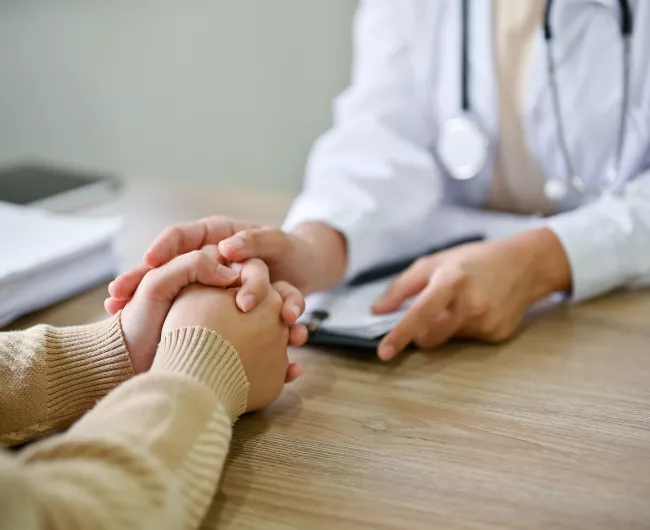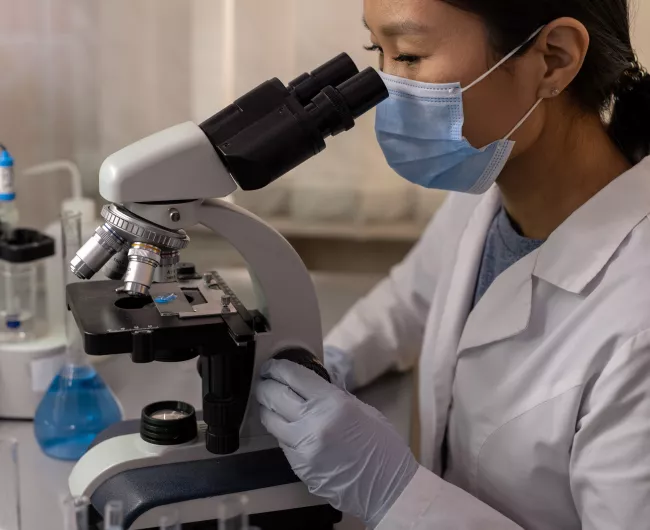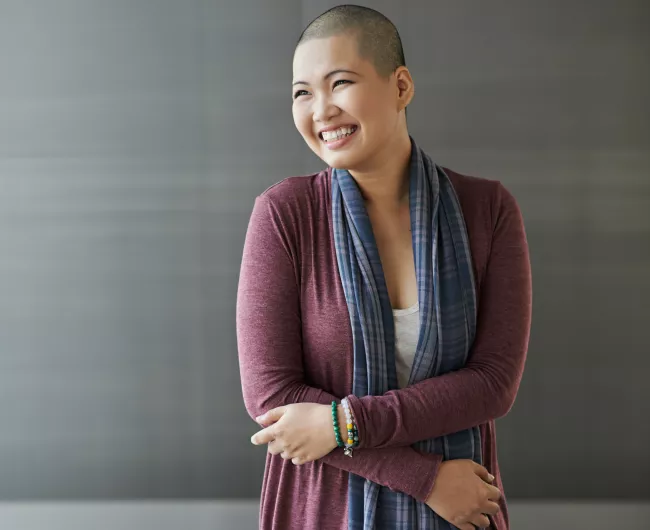Colorectal cancer recurrence

What is a recurrence?
Cancer recurrence is when a cancer is found again after a period of time when the cancer could not be detected (remission).
With colorectal cancer, you may have not symptoms at all, or your recurrence symptoms may be the same as your original symptoms, such as:
- abdominal pain
- bloody stools
- weight loss
- diarrhea
- constipation
A colonoscopy may also reveal a recurrence, which is why it’s important to stay on schedule with your screening tests and other follow-up appointments.
The sooner a recurrence is diagnosed, the better the chances are for survival.

Where can the cancer come back?
Recurrent colorectal cancer might come back in the same place it was originally, or it might come back in another area of the body.
Recurrence is divided into three categories:
- Local recurrence. The cancer reappears in the same place or nearby the place it was found. The cancer hasn't spread to the lymph nodes or other parts of the body.
- Regional recurrence. A regional recurrence appears in the lymph nodes and tissue located near the area of your original cancer.
- Distant recurrence. Cancer has spread to areas farther away from where your cancer was first located. In colorectal cancer, this may be the liver, lungs, or brain. This is called metastatic cancer.
When colorectal cancer spreads to a new area of the body, it’s still called colorectal cancer. For example, colorectal cancer may come back in the liver, but it is still colorectal cancer, not liver cancer. The cancer in the lungs will be treated as colorectal cancer.

Can a recurrence be treated?
Treatment for recurrent colorectal cancer is based on many things, including:
- Location of the cancer
- Other health issues
- Individual preferences
The main treatments used are surgery, chemotherapy, or radiation, or a combination of any of these. Other treatments such as liver directed therapy or immunotherapy may be recommended.
Joining a clinical trial may also be an option, where you may have access to more recently developed treatments and experimental medications.
Talk to your care team about clinical trials that are appropriate for you.

Coping with a cancer recurrence
colorectal cancer recurrence can bring back many of the difficult emotions you felt when you were originally diagnosed.
This time around, however, can be different because:
- You are better prepared and know much more about colorectal cancer than the first time you faced it.
- You know which coping strategies work for you such as physical activity, spending time with friends and family, and meditation.
- You have a care team that you know -- you are going back to familiar faces and people who know you.
- New treatments are rapidly becoming available.

Fear of recurrence podcast
In this podcast, oncology social worker and 2-time breast cancer survivor Hester Hill Schnipper discusses ways to cope with the fear of recurrence.
Tips for monitoring for recurrence
Now that you have completed your treatment—whether your treatment plan included surgery, chemotherapy, and/or radiation—you and your medical team should discuss your follow-up care plan. The plan will include ongoing monitoring and should also address lifestyle and emotional needs.
1. Talk with your care team about your risk of cancer coming back (recurrence) and how it affects your follow-up care plan and testing schedule.
2. Keep your scheduled follow-up visits. These visits are important. While you cannot guarantee that cancer will not come back, routine visits will increase your chance of catching a recurrence earlier, making it easier to treat.
3. Ask your care team about new tests that may be available for early detection of recurrence. There are many new non-invasive technologies (e.g. blood tests) that make it easier and faster to find cancer when it recurs.
4. Find out if you can go to a survivorship and wellness clinic for your follow-up visits. While many survivors get follow-up care with their oncologist or with their primary care doctor, these clinics have specialized experts who can also help with nutrition, physical activity, and other health needs.
5. Talk to your medical team about your fears and anxiety. Some patients feel lonely after the frequent visits they are used to with the care team. Our certified patient and family support navigators are available anytime to talk through your concerns.
Top resources

EPIC Act to Advance New CRC Therapies Needs Support
The EPIC Act would encourage investment in clinical trials for additional uses of existing drugs.

Michelle Cappel: Biomarker testing extends life
Michelle Cappel owes a lot to colorectal cancer biomarker testing — seven years of life and counting.

Dak Prescott joins Alliance to ‘LEAD FROM BEHIND’
Initiative aims to reduce stigma and educate about screening choices, as the Colorectal Cancer Alliance launches a health equity fund to decrease disparities.





